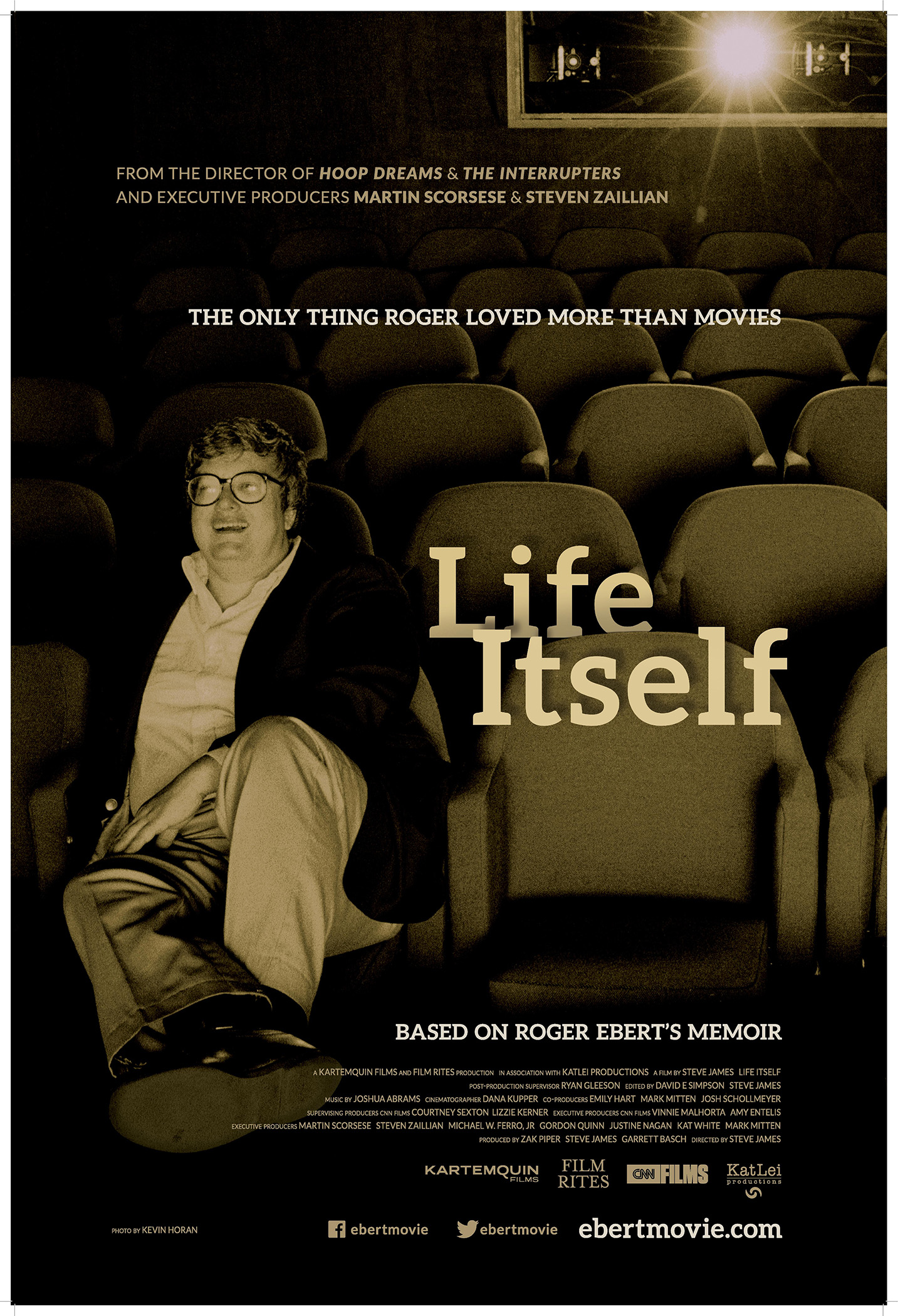

Along the way, a diverse group of newspapermen, college classmates, barroom buddies, film critic peers, writers, filmmakers and Chicagoans give testimony, illustrating what each thematic segment says about Ebert, finally the main character in his own film. his impact on the way film criticism is received his acknowledged struggles with alcoholism the TV show and interpersonal rivalry he shared with Gene Siskel his advocacy for little-known filmmakers his belatedly discovered love of family life.


Instead of tying itself to chronology, the film takes up Ebert’s life thematically: His lifelong love of the newspaper business his 40-year participation at the Conference on World Affairs in Boulder, Colo. Beginning with Ebert’s trip to the hospital for a hip fracture in December 2012 - ultimately determined to be caused by the return of the cancer that in 2006 had already taken the critic’s ability to speak, eat or drink - the film flashes back to cover Ebert’s life in only loosely chronological fashion. In such a meticulously structured documentary, the unexplored connections between the title of Ebert’s memoir, the title of the film and its meaning becomes a structuring absence, lingering behind the interviews, photographs and archival footage that comprise Ebert’s filmic biography. Having only begun production in the final months before Ebert’s death in April 2013, the documentary quotes the critic’s memoir at length to supply narration and clarity, but one of the questions James is unable to get Ebert to answer before his death is “Why did you call your memoir Life Itself?” It’s a question the film itself leaves unanswered, at least explicitly, inviting us to ponder it of James’ documentary, just as he did of Ebert’s book.

Steve James’ documentary Life Itself, based on the late film critic Roger Ebert’s memoir of the same name, opens at FilmScene this Friday, July 18. Life Itself opens at FilmScene on Friday, July 18.


 0 kommentar(er)
0 kommentar(er)
